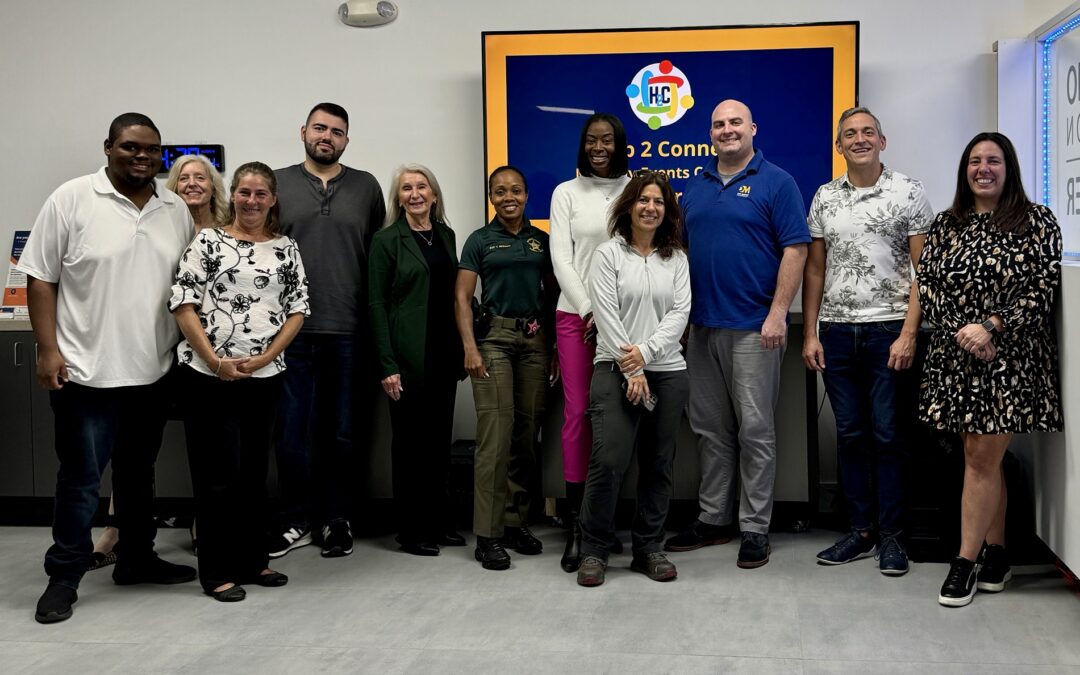For individuals with autism, meaningful social contact may considerably boost their quality of life. However, navigating social contexts may frequently be tough. Social groups dedicated to individuals with autism give a safe, supportive setting to improve interpersonal skills, make relationships, and build confidence. These organizations serve a critical role in encouraging inclusion, progress, and enjoyment for adults with autism.
The Importance of Social Connections for Adults with Autism
Social relationships are crucial for general well-being, however, for many individuals with autism, creating and sustaining these ties may be frightening. Social groups for adults, particularly intended for neurodivergent persons, bridge this gap by offering organized spaces where members may engage without fear of judgment. These organizations build a sense of belonging, minimizing feelings of loneliness and promoting mental health.
Adults with autism frequently encounter heightened anxiety or sadness. Participating in social groups encourages people to exchange experiences with others who understand their problems. Moreover, these groups typically combine therapeutic techniques, such as mindfulness exercises or group talks, which may give extra emotional support.
The Role of Social Skills Training in Autism
One of the key advantages of social groups is the ability to participate in social skills training for autism. Many programs concentrate on practical issues, such as beginning discussions, interpreting social signs, and handling disagreements. These training sessions are typically linked with real-life practice, encouraging participants to apply their abilities in regular contexts. By developing these abilities, people acquire confidence and autonomy, leading to improved integration into their communities.
Supporting Families Through Comprehensive Programs
While these social groups concentrate on adults, their good influence extends to families as well. Comprehensive programs for people with autism generally incorporate support groups for adults with autism and their families, giving a holistic approach to treatment. By addressing the needs of the whole family unit, these activities promote a loving atmosphere that encourages human development at every stage of life.
Promoting Acceptance
Social groups have a crucial role in promoting awareness and acceptance. They give a platform for activism, helping the larger community understand and support neurodiversity. Events, open conversations, and collaborative initiatives created by these organizations encourage an inclusive society that recognizes the contributions of every person.
Finding Social Groups for Adults
Finding the appropriate social circle may be transforming. When searching for social groups for adults near me, consider criteria such as the group’s emphasis, location, and accessibility. Many organizations, including the Dan Marino Foundation, provide personalized programs geared to fulfill the needs of neurodivergent persons. These programs offer a welcoming atmosphere where participants may grow.
The Ripple Effect: From Social Groups to Independence
The advantages of social groupings extend beyond emotional well-being. By engaging in these programs, persons with autism typically learn life skills that lead to increased independence. From managing daily routines to seeking professional assistance, the confidence and talents earned via these programs offer doors to a satisfying and self-sufficient existence.
Conclusion: A Path to Inclusion and Empowerment
Social groups for individuals with autism are much more than a venue for interaction—they are catalysts for development, inclusion, and empowerment. These groups offer a basis for learning key life skills, increasing well-being, and building a feeling of belonging.
At the Dan Marino Foundation, we are devoted to developing opportunities that help persons with autism to realize their full potential. Through creative programs and community projects, we seek to develop inclusion and independence. Explore our opportunities now and learn how we can help you on your path to a higher quality of life.

